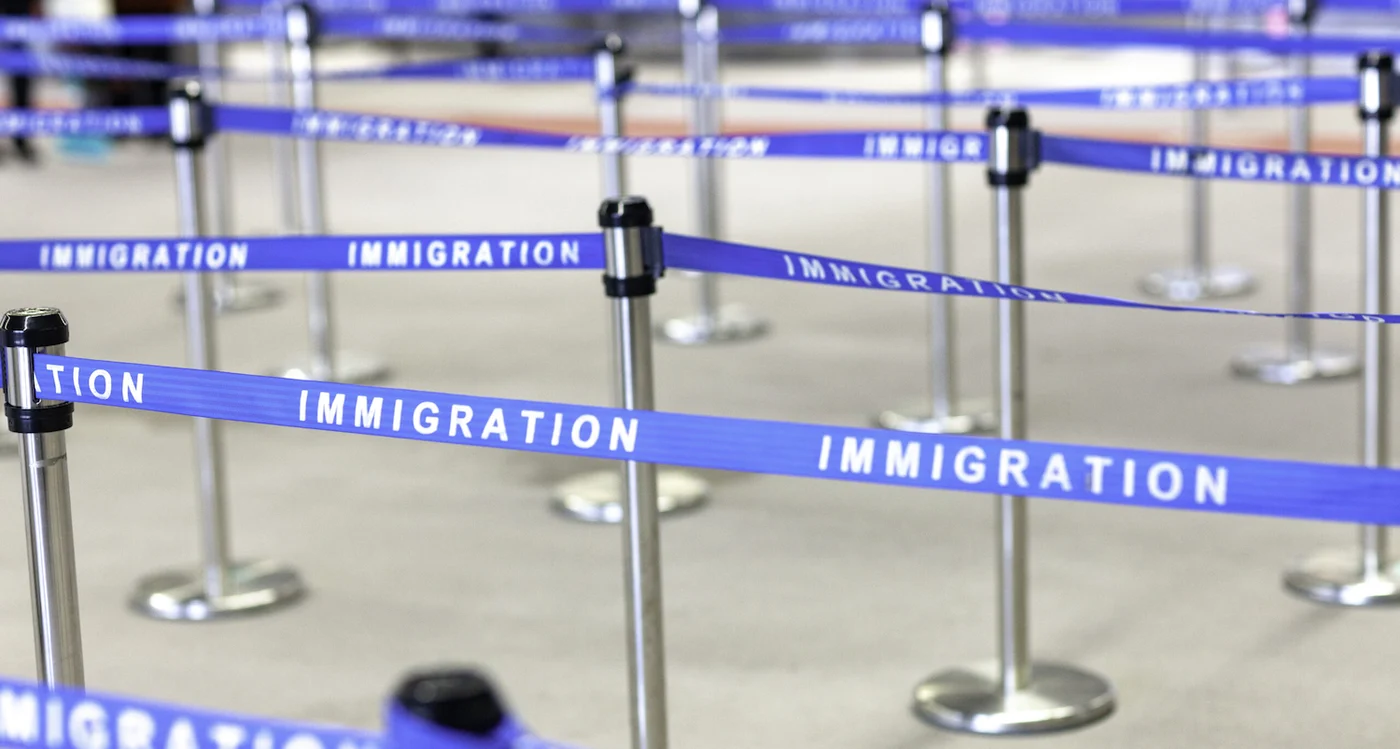Meticulous Preparation and Accuracy: The Foundation of a Swift Application
The bedrock of an efficient visa application process lies in unparalleled preparation and an unwavering commitment to accuracy. The most common reasons for visa processing delays, and even outright rejections, stem from incomplete or erroneous paperwork. Immigration officials meticulously scrutinize every detail, and even minor discrepancies, such as misspellings or inconsistent information, can flag an application for further examination, leading to significant setbacks [1][2]. For instance, submitting an application with missing information or incorrect details will likely lead to complications, requiring the visa office to request additional information or even a new application [3]. This administrative back-and-forth can stretch the processing window considerably, potentially derailing critical travel plans [2].
Beyond mere delays, the consequences of inaccuracies can be severe. Providing false or misleading information, whether intentional or accidental, can result in visa denial, revocation, deportation, and even permanent bans from entering certain nations [1][4]. U.S. law, for example, considers misrepresentation a serious offense, leading to permanent inadmissibility under INA § 212(a)(6)(C)(i) [5]. Such actions can also lead to criminal charges, fines, and imprisonment [4][6]. Therefore, applicants must meticulously verify every piece of information, from personal details to passport numbers, ensuring they precisely match all supporting documents [1][7]. Furthermore, all required documents, including financial statements, invitation letters, and employment verification, must be up-to-date, legible, and directly relevant to the application [8][9]. Financial proof, for example, must demonstrate legitimate and sufficient funds, as inconsistencies can raise red flags [9][10]. Organizing these documents systematically and cross-referencing them against official checklists can prevent oversights that trigger requests for evidence (RFEs), which can add weeks or months to the processing time [11][12]. Applying well in advance of intended travel is also paramount, as processing times vary significantly due to factors like visa type, destination country, and peak application volumes, allowing a buffer for unforeseen complications [13].
Leveraging Modern Tools and Expedited Pathways
The digital transformation of visa services offers significant opportunities to accelerate the application process. Many countries have adopted online visa application systems, commonly known as e-visas or Electronic Travel Authorizations (ETAs), which streamline the submission and approval phases [14][15]. These digital platforms eliminate the need for physical visits to embassies or consulates, reducing administrative burdens and often leading to quicker processing times compared to traditional paper-based methods [14][15]. Applicants can complete forms, upload digital copies of documents, and make payments online from anywhere with an internet connection, providing unparalleled convenience and accessibility [14][15]. The automation inherent in e-visa systems often results in approvals within days, or even hours, making them invaluable for urgent travel needs [15][16]. Beyond speed, digital systems enhance security by safeguarding applicant information through robust online measures and improve data management for visa centers handling high volumes of applications [14][16].
For situations demanding even greater urgency, many immigration authorities offer expedited or premium processing services. These services, available for an additional fee, guarantee a decision within a significantly reduced timeframe. For instance, U.S. Citizenship and Immigration Services (USCIS) offers Premium Processing for certain employment-based petitions, guaranteeing a response within 15 calendar days for a fee ranging from $1,685 to $2,805, depending on the visa category [17][18]. Similarly, the UK offers priority and super priority services that can reduce decision times to a few working days or even the next working day for specific visa categories [19]. Such services are typically reserved for compelling circumstances, including medical emergencies, the death or grave illness of an immediate family member, or urgent business travel that cannot be postponed [20][21]. While these expedited pathways come at a higher cost and are not universally available for all visa types or in all countries, understanding their eligibility criteria and application procedures is crucial for applicants facing time-sensitive situations [20][22]. It is imperative to provide substantial documentary evidence to substantiate the urgency, as misrepresenting the reasons for an expedite request can negatively impact the application [20][23].
Mastering the Interview and Proactive Management
For visa applications that necessitate an interview, thorough preparation is indispensable for a smooth and swift process. The interview serves as a critical juncture where consular officers verify information, assess the applicant’s intent, and confirm eligibility [24][25]. Applicants should demonstrate a comprehensive understanding of their application details and supporting documents, as inconsistencies can raise immediate red flags [7][24]. Honesty and transparency are non-negotiable; providing truthful answers and avoiding any misrepresentation is paramount, as lying can lead to severe consequences, including visa denial and potential bans [4][24]. Consular officers are often under considerable time pressure, making it essential for applicants to be concise, clear, and direct in their responses, avoiding lengthy explanations [26][27].
A key aspect of a successful interview, particularly for non-immigrant visas, is demonstrating strong ties to one’s home country [26][27]. This involves presenting compelling evidence of reasons to return, such as stable employment, family commitments, property ownership, or ongoing academic pursuits [27]. This reassures the interviewing officer that the applicant does not intend to overstay their visa [27]. Furthermore, applicants should be prepared to articulate their travel plans, purpose of visit, and financial capacity to support themselves during their stay [25][28]. Professional attire, punctuality, and a confident, polite demeanor also contribute positively to the overall impression [24][29]. Finally, proactive management post-submission is vital. Regularly checking the application status online and promptly responding to any requests for additional information or documents can prevent unnecessary delays [2][21]. Missing deadlines for submitting requested evidence can lead to significant processing delays or even application denial [11][12]. By adhering to these comprehensive strategies, applicants can significantly enhance their chances of a faster and more successful visa outcome.



